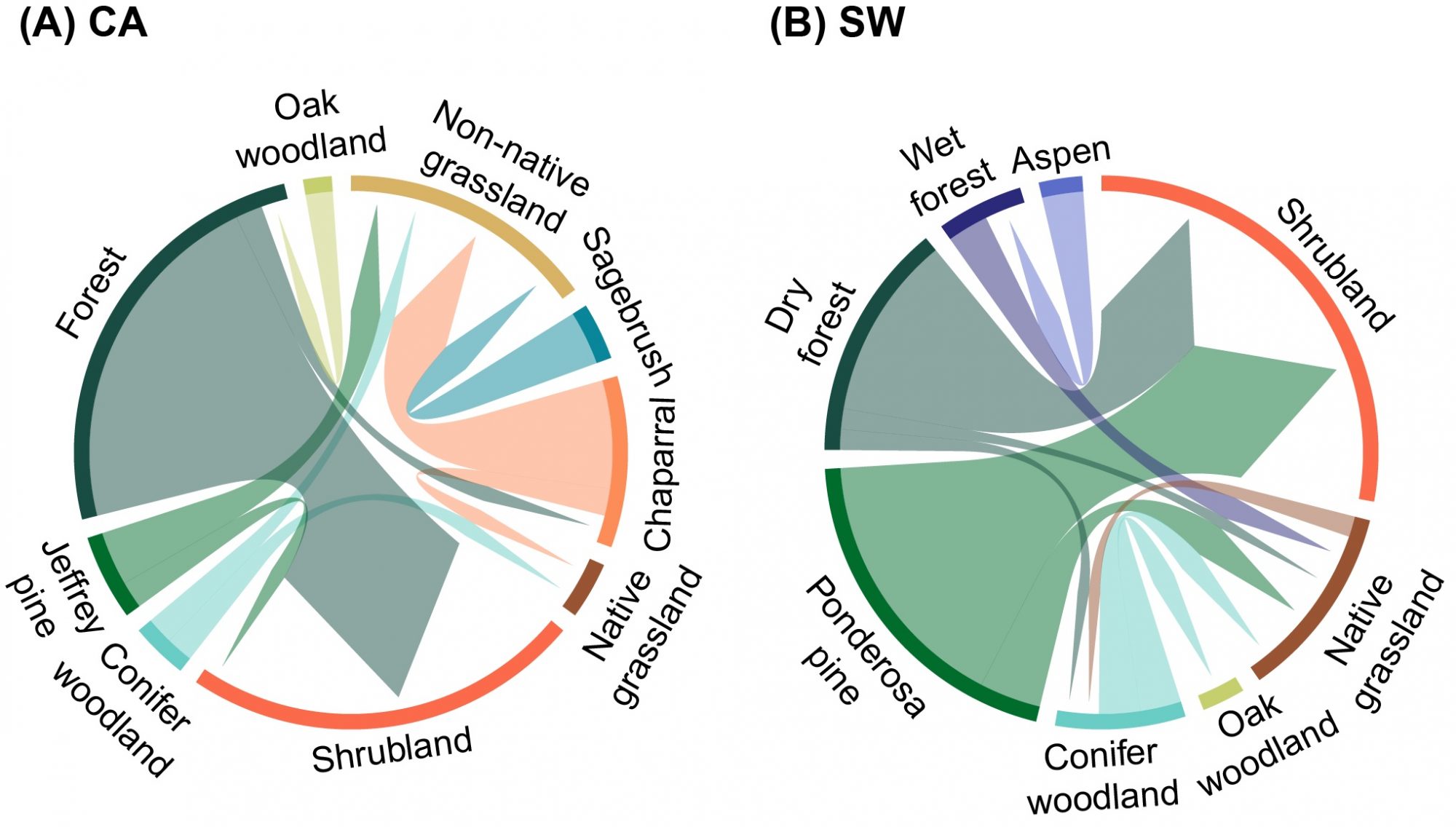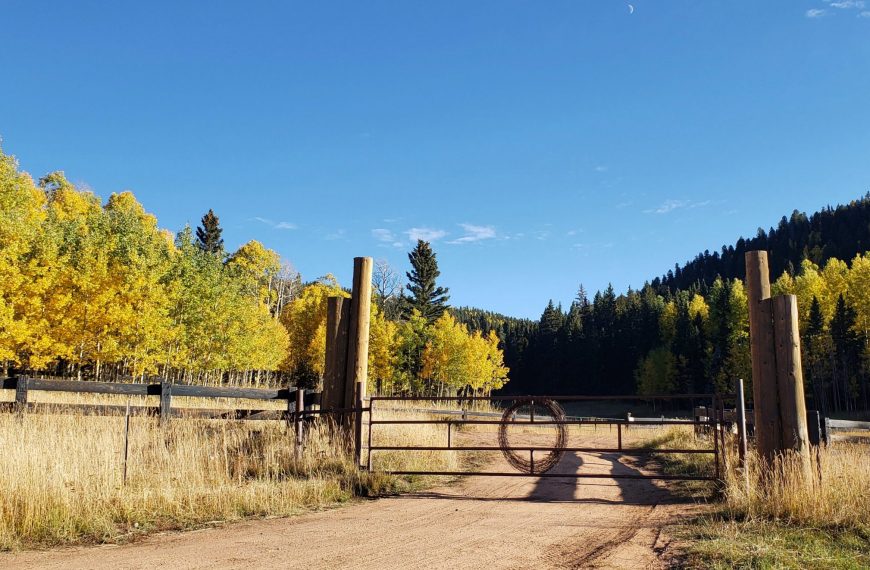Presenter: Christopher H. Guiterman, Research Scientist at the Cooperative Institute for Research in Environmental Sciences (CIRES) at the University of Colorado Boulder and NOAA’s National Centers for Environmental Information (NCEI)
Date: September 21, 2022 at 12:00pm AZ / 1:00pm MDT
Ecosystems of the Western United States are experiencing vegetation type conversions (VTC) in response to land-use change, climate warming, and their interactive effects with wildland fire. VTC is one of the most pressing management issues in the Southwestern US, yet current strategies to intervene and address change often use trial-and-error approaches devised after the fact. This presentation discusses findings on VTC challenges, management responses, and outcomes from the collective experience of managers, scientists, and practitioners across the Southwestern US. Ecological reorganization across the region is not only extensive – it is complex, predominantly driven by high-severity wildfire. By a large margin, affected semi-arid forests convert to shrubland, while chaparral and sagebrush areas nearly always convert to non-native grasses. Management interventions in VTC areas most often attempt to reverse changes, although these efforts cover only a small portion of high-severity burn areas undergoing VTC. Efforts to facilitate VTC are rare but hold the potential to cover large spatial areas. The presenter’s findings underscore that type conversion is a common outcome of high-severity wildland fire in the Southwestern US. As the drivers increase with climate change, VTC appears increasingly likely in many ecological contexts, and may require management paradigms to transition as well. To watch a recording of this webinar, click here.







